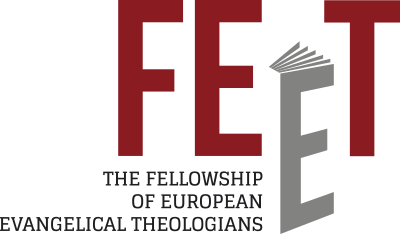Onward to the Past?
Perhaps the most famous of the United Kingdom’s patriotic songs is ‘Rule Britannia’. Affirming that ‘Britons never will be slaves’, it declares that while other ‘tyrants’ will rise and fall, blessed by God the United Kingdom will continue to flourish ‘great and free’, the envy of all, against all who seek to usurp its sovereignty. Forgetful of the fact that British greatness was founded upon the enslavement of great swathes of peoples around the world and the greater part of its own inhabitants through the demands of the industrial revolution, it provides a powerful emotionally charged myth of the past and offers a blueprint for ‘our’ future – ‘great and free’. The myth has shaped and continues to shape the British psyche.
But the United Kingdom is not unique. Nation after nation and people group after people group mythologises a particular and ‘comfortable’ period of their past to shape their vision for the future. And what is true of nations and peoples is true of individuals and groups. We look to the supposed securities of the past to construct future hopes for ourselves, especially in times during which our foundations are being destroyed.
As I write this, the United Kingdom is celebrating a ‘first’. Just a few hours ago a lady in het nineties was the first to be immunised in a western democracy against Covid19. Celebrations will doubtless take place during the day to affirm another evidence of British superiority; despite the fact that the vaccine was developed by a German firm with Turkish expertise and produced in Belgium!
None the less, the vaccine is good news, wonderful news, the answer to many prayers. Suddenly the future seems brighter once again, we have received an early Christmas present, soon we will be able to ‘return to normal’.
I, for one, welcome this news: not least because I will be able to embrace my children and grandchildren again. But we will never recover the past – a past which is already beginning to assume mythic proportions. History and prehistory repeatedly tell the story of cataclysmic economic, political and social changes in the aftermath of global disaster. To expect a return to the idealised past is to chase an illusion. In the so-called advanced economies irreversible changes are taking place as shopping goes on-line and shopping centres are abandoned. Expensive offices in major cities are empty as the business world recognises that it is more economical for its staff to work from their homes. It is almost inevitable that these and other more global changes and the pressures they create will provoke a rise in nationalism, factionalism and a greater impetus toward population movement. At the very least, how we meet with one another and socialise will probably change for ever.
For the best part of nine months my wife and I have had to be shielded against the virus. In the midst of all this it has been interesting to watch the response of the church. In the United Kingdom much of the rhetoric has been dominated by questions relating to civil and religious liberties and to the importance of the communal life of Christian communities. Some of this has been well-meaning and theologically perceptive. The accelerated use of social media has been interesting, highlighting the need to reach out to the isolated; while failing to recognise that many Christians have lived isolated lives for many years through ill-health, age or living amid the fear of persecution.
But, at heart, much discussion has centred on the desire to ‘get back to normal’. And therein lays the problem. The scientific community appear to believe that Covid19 is here to stay and that other Covid viruses are likely to emerge in the coming years. While the threat will likely lessen through advances in scientific knowledge and the ability to pre-empt the worst, large gatherings are likely to be proscribed – possibly for years. Limitations on singing, the use of the one cup in communion and other similar issues are not going to go away soon.
Yet this is, of course, the mere tip of the iceberg. Changing patterns of social engagement and new economic challenges to increasingly divided communities will face the churches with a new set of questions as to how we are to live as disciples of Jesus in a new world. The point of this short reflection is to say that a return to an idealised mythological past is not the answer. Prayerful, radical reflection and action is what is demanded of us.
Stephen Dray, 8th December 2020

